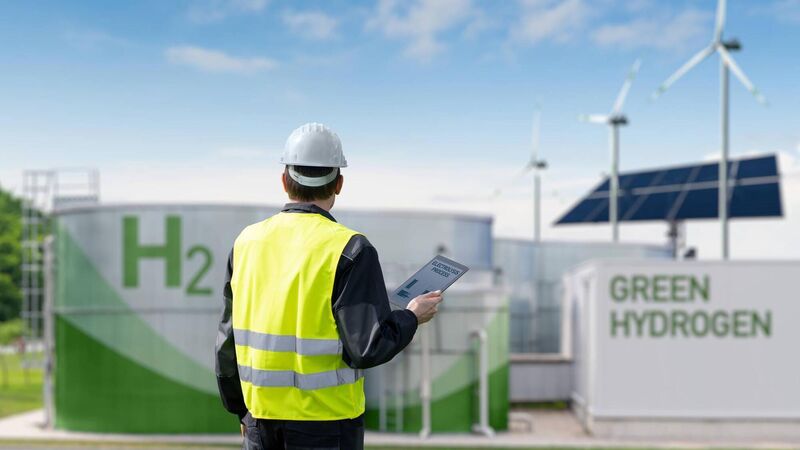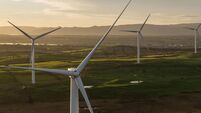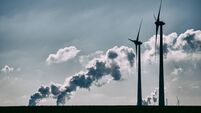Skills shortage is holding back Ireland’s green hydrogen strategy

Ireland's infrastructure and grid capacity are at the forefront for investment to get the green energy sector off the ground, but investing in skills and people also needs to be a priority.
Hydrogen is likely to become a hot topic on the political agenda this year as an election looms and bets increase that it will take place before the March 2025 deadline.
Business representative groups Ibec in the Republic and the Confederation of British Industry (CBI) in the North jointly published a report found that there should be an “all island approach” to the development of green energy, including hydrogen, to instil confidence in investors.








